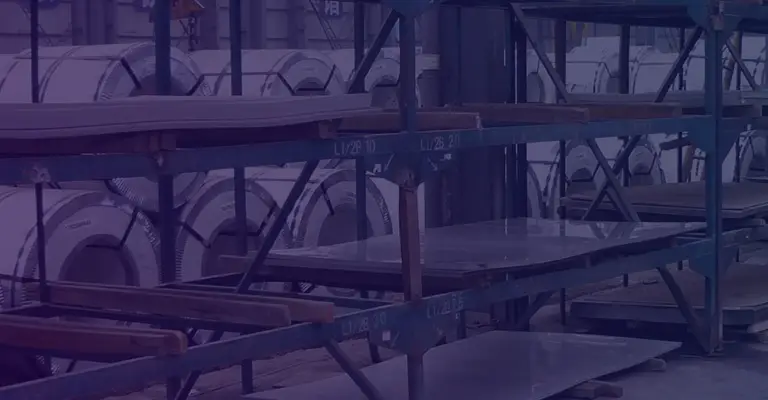carbon steel plate,steel coil,stainless steel plate,china export service provider.

carbon steel plate,steel coil,stainless steel plate,china export service provider.

We do not recommend you to use traditional anti-rust oil, because it has a short anti-rust time, low salt spray resistance, and the oil film on the surface is not clean and refreshing, and it is much worse than stainless steel passivation solution, so it is recommended that everyone use stainless steel Passivation chemical anti-rust method, unless oil film anti-rust is selected under specific conditions. The stainless steel passivation solution only needs to be soaked simply, without complicated equipment or heating of the chemical solution. After soaking for 15-30 minutes, it can be flushed, and then the workpiece is dried and packaged. This is the method of stainless steel rust prevention. He finished the treatment The post-rust anti-rust salt spray time is high, and the anti-oxidation performance is very strong. On the basis of the original anti-rust performance of stainless steel, the anti-salt spray time is increased by 8 times, so the added value of the product is improved, the image of the product is improved, and the product is improved. The company's order, because only profit is king.
The principle of stainless steel rust prevention?
The principle of stainless steel antirust: The principle of traditional antirust oil is to form a very closed oil film on the surface of stainless steel. The purpose of this oil film is to prevent the connection between air and stainless steel surface, thereby preventing the metal surface from being oxidized by air. The principle is that under the action of the stainless steel passivation solution, the chromium-poor layer of stainless steel is converted into a chromium-rich layer, thereby forming a layer of chromium trioxide on the surface, thereby achieving super anti-rust.
Why should stainless steel be rust-proof?
In fact, stainless steel does not mean that stainless steel does not rust at all. In fact, that understanding is wrong. Today I will explain to you why stainless steel also rusts. Stainless steel does not rust. It means that it is not easy to rust in a specific environment, and certain materials are not easy to rust. For example, in the same environment, 201 stainless steel will definitely rust faster than 304 stainless steel, because 200 series stainless steel has poor rust resistance and less nickel content. In a relatively humid environment, iron ions on the surface of stainless steel will quickly rust in a humid environment through air combination, so stainless steel does not rust is related to the environment and materials, that is to say, its antirust ability is related to it closely related.